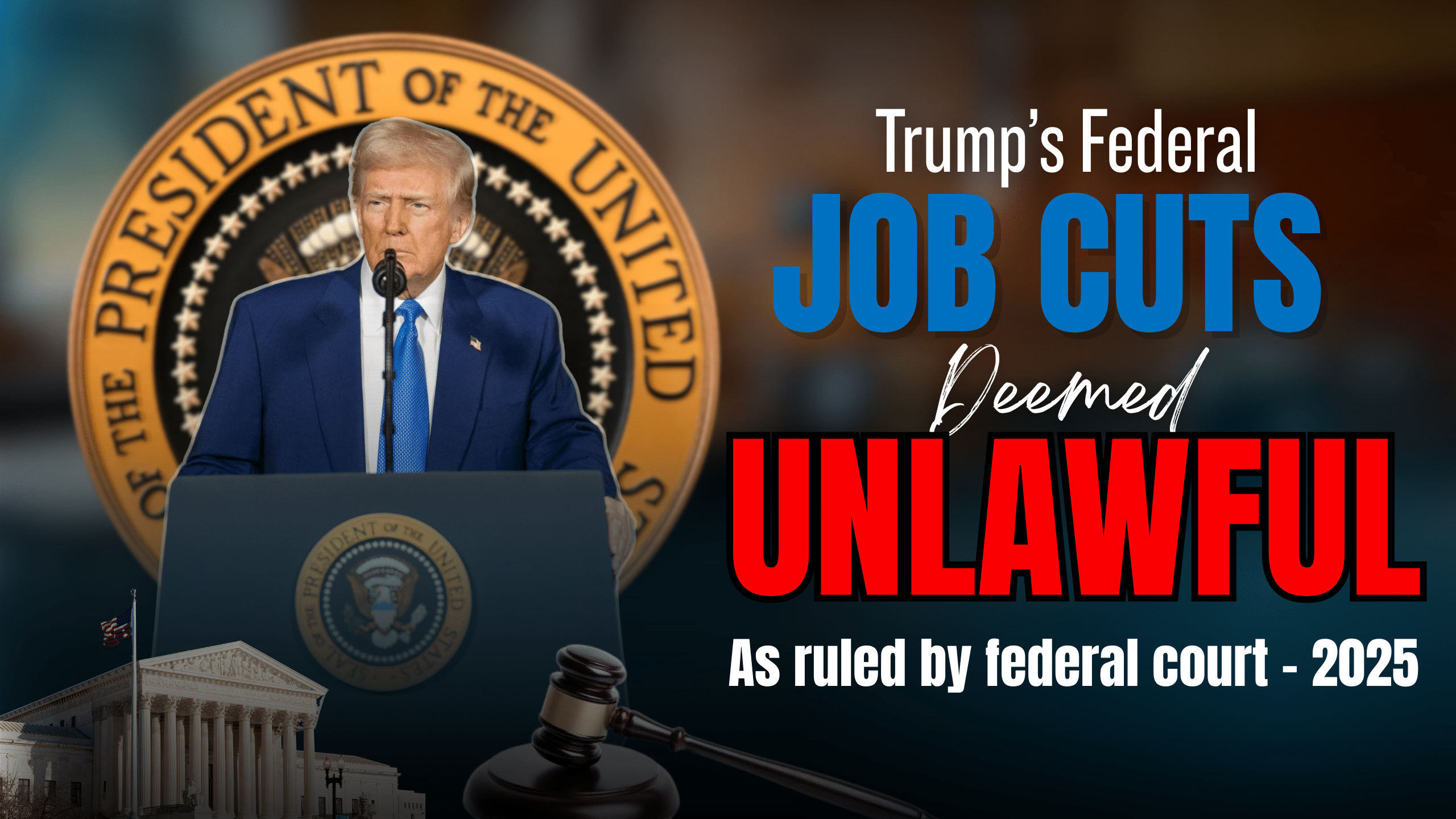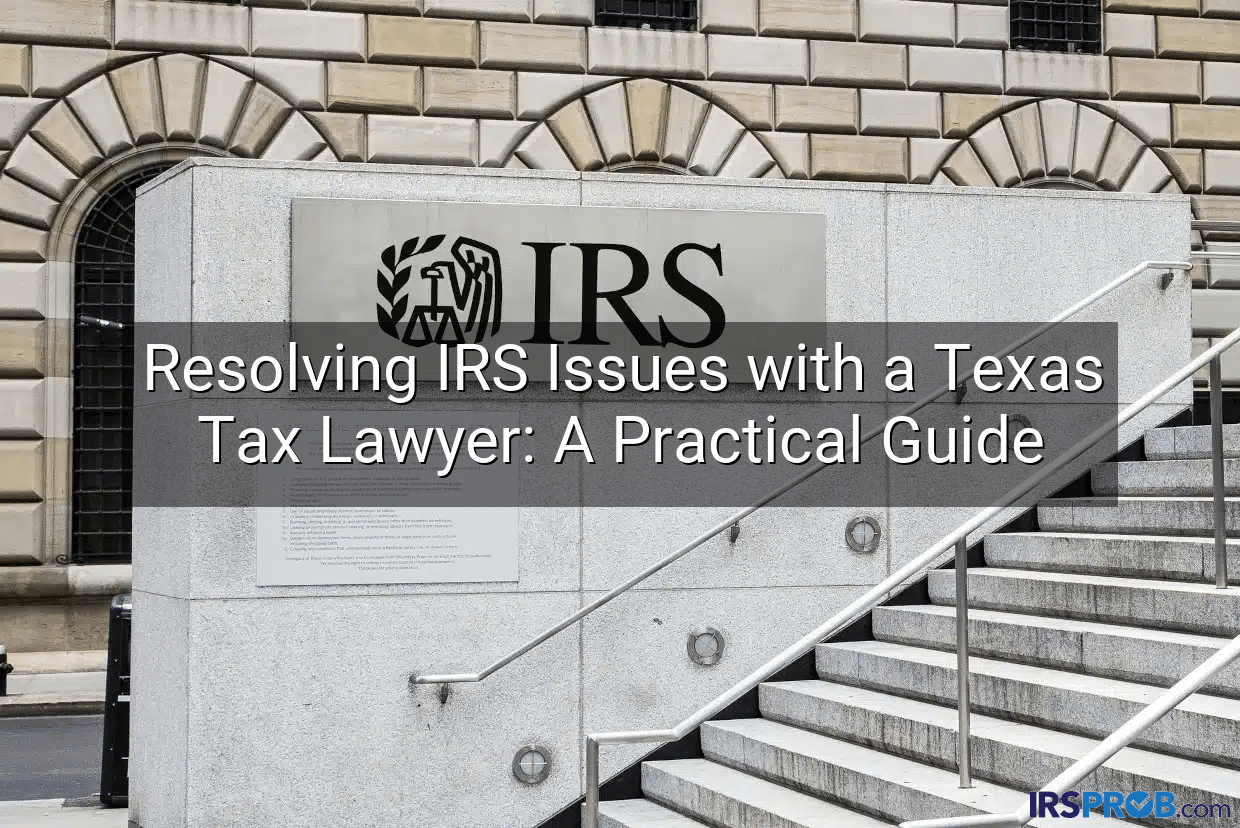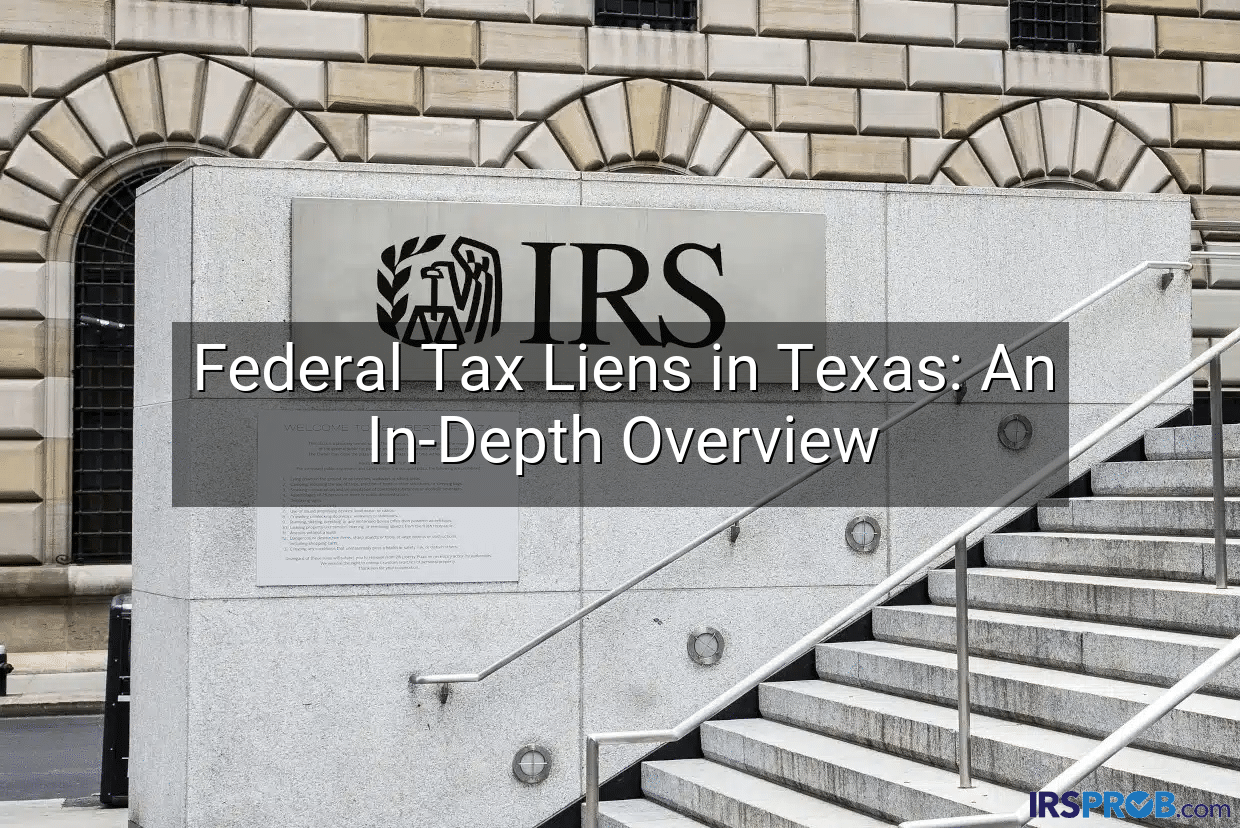Internal Revenue Service relief programs work two ways: Reducing the amount of tax debt owed or work on a payment plan that allows debtors more time to pay up or a combination of both.
Filing for an IRS settlement is indeed a lengthy process and usually requires knowledge of the tax code as well as excellent financial reports. And while you can do this on your own, most people hire the services of a top-notch tax relief company to take care of it.
Offer in Compromise
An offer in compromise is made by the IRS to allow you to pay less than your actual amount in taxes. Basically, the IRS deducts a particular amount from your tax bill and then you pay what’s left of it.
According to the IRS, an offer in compromise “may be a legitimate option if you can’t pay your full tax liability, or doing so creates a financial hardship.” However, for the IRS to accept your application for this scheme, they consider factors such as
1.) Your income
2.) Your expenses
3.) Your assets
4.) Ability to pay
If you qualify, you’re definitely going to be hard up for cash for a while. This is why it is important to have a budget.
IRS Repayment Plan
The IRS may also allow you to reduce your full sum into smaller amounts that you can pay back in intervals.
In order to qualify for the long-term payment plan (paying over 120 days or longer), your debt has to be below $50,000 in taxes, interests, and penalties all combined.
For the short-term payment plan (paying 120 days or less), your tax bill can be up to $100,000. While these payment plans may be a saving grace if you don’t have sufficient funds to pay up your tax bill completely, they also attract a cost.
Going by the plan you decide on, you may need to pay a setup fee of up to $149 in addition to internet and penalties until you clear up your debt.
Personal Loan
This is another option that you can check out if you don’t have funds at hand to pay your tax bill. However, before executing this idea, find out whether the extra costs attached to acquiring the loan is significantly lower than an IRS payment plan offer.
If it is, then ensure that you are getting the best rates available. Extensive research and consulting are crucial to confirm this.
Also, carefully review your credit reports before applying for a loan so that you know exactly what lenders would be looking at.
Penalty Relief or Interest Abatement
Penalty relief is a car whereby the IRS cancels penalties that you’ve been charged on your tax bill.
It is almost like a form of reward for situations like paying or arranging payment for any taxes owed or not having any penalties for the previous three tax years. If you qualify, you would still owe some amount of tax debt.
The noteworthy difference is that your debt sum total would be lower when the penalties are deducted from the present balance.








